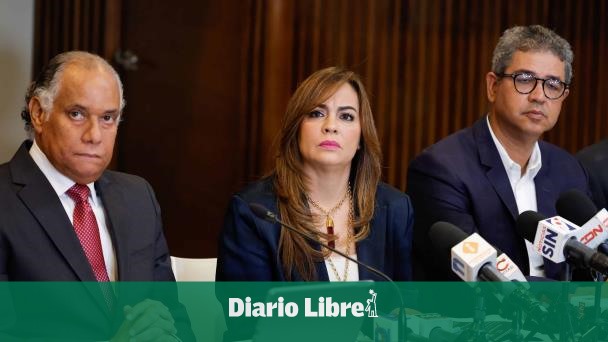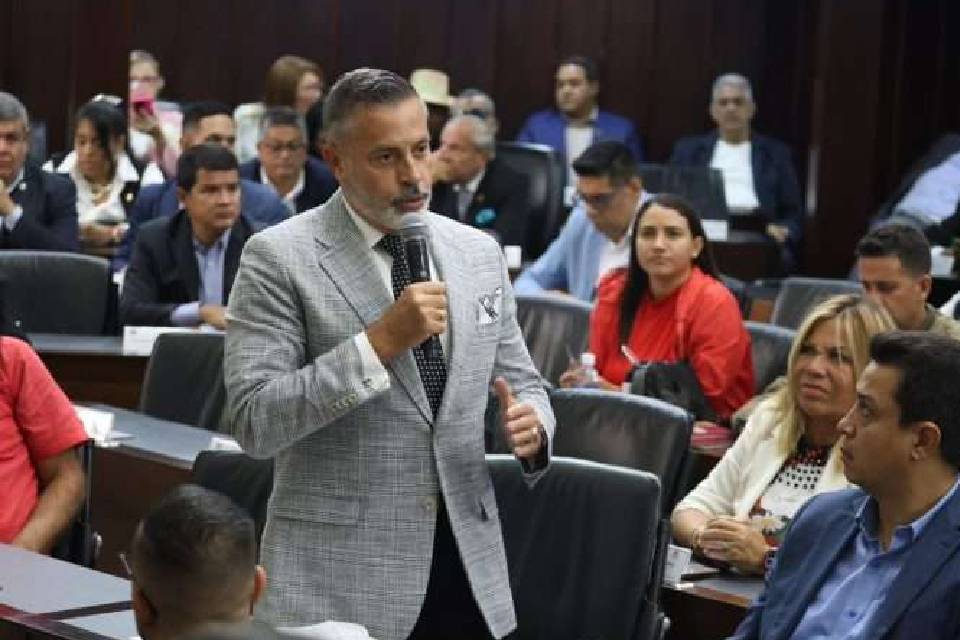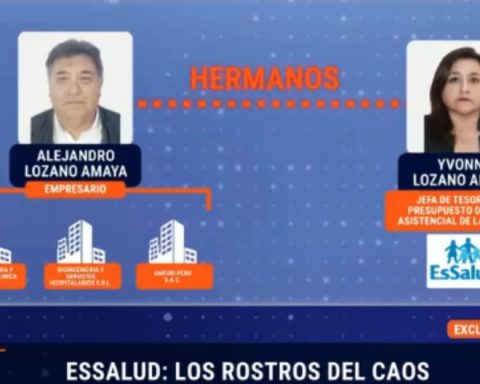Within the framework of the constitutional, fiscal and labor reforms that the Dominican Republic is going through, the Employers’ Confederation of the Dominican Republic (Copardom) expressed his rejection of the recent bill presented by the Executive Branch to modify the Labor Code. The central concern of businessmen lies in the scheme of unemployment aidwhich they consider needs to be reviewed.
On the other hand, the representatives of the workers made it clear that they are not willing to prolong the debate on the Labor Code.
Rafael (Pepe) Abreu, president of the National Confederation of Trade Union Unity (CNUS), stated that the debate was closed with the delivery of the project to Congress and that any attempt to restart discussions It’s a tactic of businessmen.
“We, the three union centerswe agreed that the issue of labor reform culminated with the submission to Congress of the articles agreed upon in the 11-year dialogue that we had,” said Pepe Abreu.
He specified that the articles that were not consensual, such as layoffwill be part of other reforms, not this one.
“Therefore, we reject that claim and request the business sector not to continue insisting on that issue, because we had all the time in the world to consider what they are proposing now,” Abreu declared.
Business sector
On October 10, the Ministry of Labor submitted to the Senate a project that seeks to modernize labor relations, expanding rights and promoting competitiveness. However, Laura Peña Izquierdo, president of Copardomemphasized that layoff, as currently structured, represents a indefinite high cost for companies.
Peña explained that, under the current scheme, businessmen They must pay 21 days per year worked up to five years, and 23 days thereafter, which generates a significant labor liability.
Furthermore, he recalled that, since the approval of the Social Security Law in 2001, companies assume 70% of health and pension costs, which further increases their workload. Also, he noted that “1% of occupational risk is 100% covered by the company.”
The representative of the business sector presented some alternatives to replace unemployment, but clarified that they are open to tripartite dialogue. The options of Copardom to restructure the layoff consist of: establishing a limit of years so that there is a limit on the duration of the layoff, suggesting a range of five and eight years.
Also, another alternative is to define a salary ceiling so that the calculation basis for layoff be limited to a specific number of minimum wages.
In addition, layoff It could be replaced by the implementation of unemployment insurance. Adopt a model that allows workers to have financial support in the event of dismissal.
- Among the options is the Unemployment fundpoints out that a specific fund could be established to serve as an alternative to the current unemployment system.
Peña stressed that the proposal to modify the Labor Code It must be comprehensive and adequately consider the issue of unemployment. He clarified that the business sector does not seek the elimination of unemployment, but rather its restructuring.
The owner of the Copardom He said that they exhausted multiple spaces for dialogue in the Labor Advisory Councilwhere various topics were discussed and consensus was reached. But the confederation hopes that Congress will provide a space to continue the dialogue on modifying unemployment and find a tripartite agreement that benefits workers, employers and the State.
Since the proposal was deposited in the Senate of the Republic, businessmen reacted to make known their disagreement with the bill, which, for the authorities of the Ministry of Laborseeks to modernize the labor framework.
- employers They insist on the need to adapt the unemployment scheme to the current economic reality to guarantee the sustainability and competitiveness of the sector.
What does the current Labor Code?
To article 80 of Labor Code The current law establishes that the employer who carries out the eviction (dismissal) must pay the worker unemployment benefits, the amount of which will be set in accordance with the following rules:
- After continuous work of not less than three months nor more than six, a sum equal to six days of ordinary salary.
- After continuous work of not less than six months nor more than one year, a sum equal to thirteen days of ordinary salary.
- After continuous work of not less than one year nor more than five, a sum equal to twenty-one days of ordinary salary, for each year of service rendered.
- After continuous work of not less than five years, a sum equal to twenty-three days of ordinary salary, for each year of service provided.

















